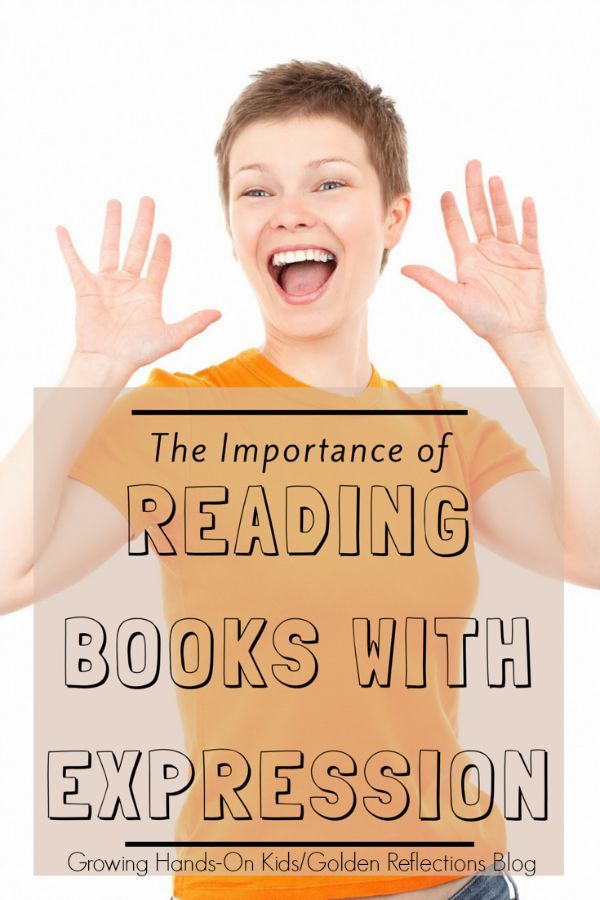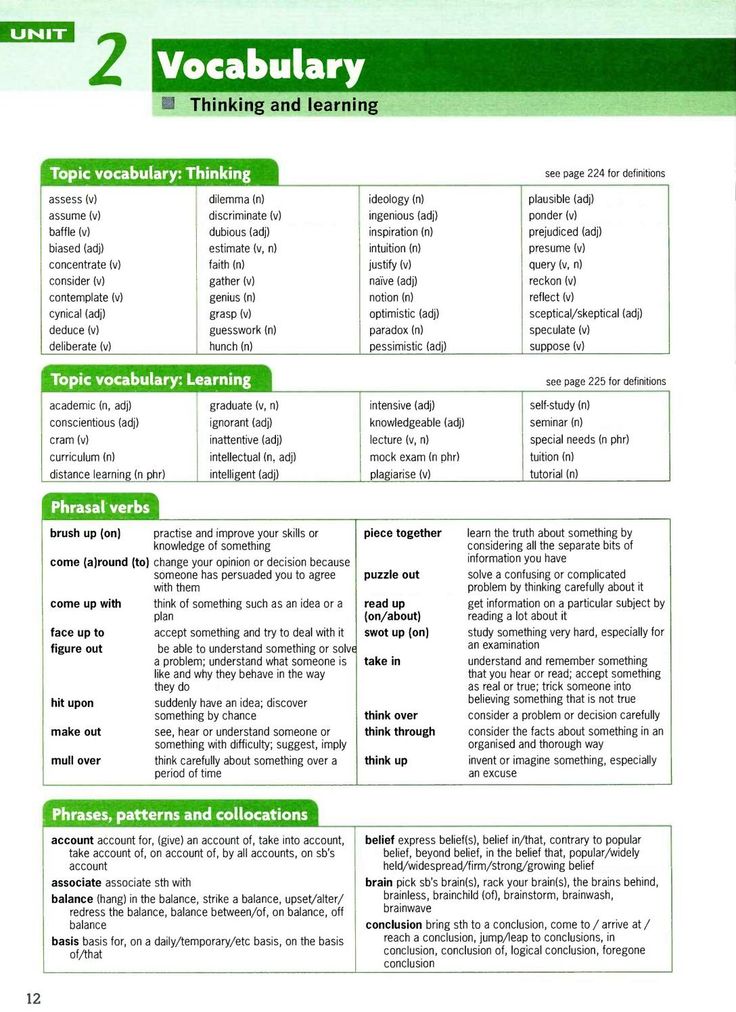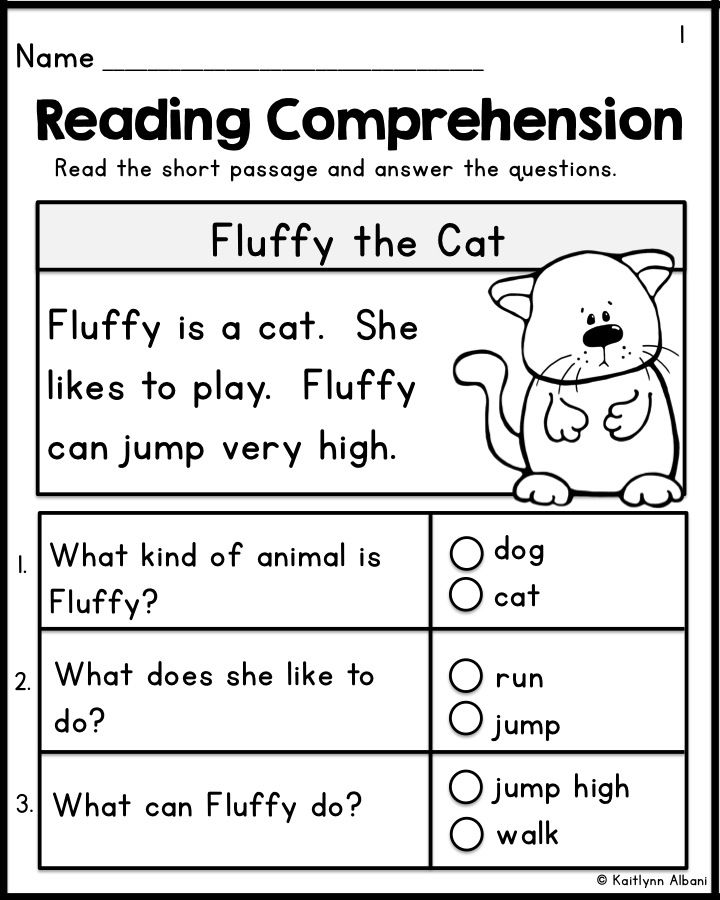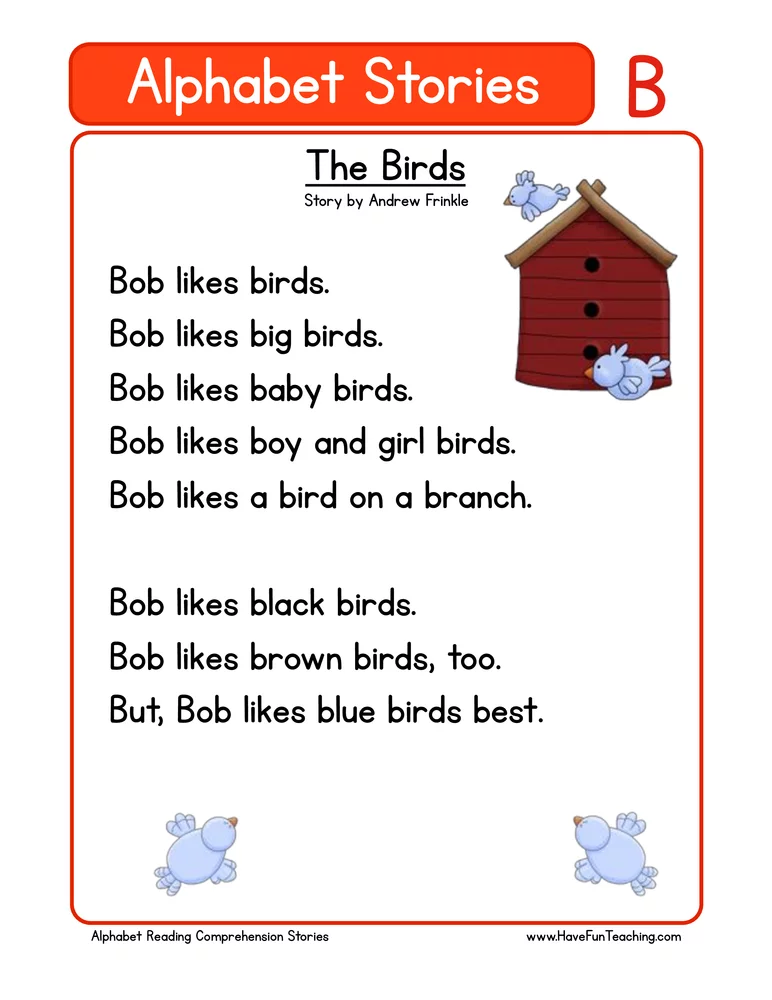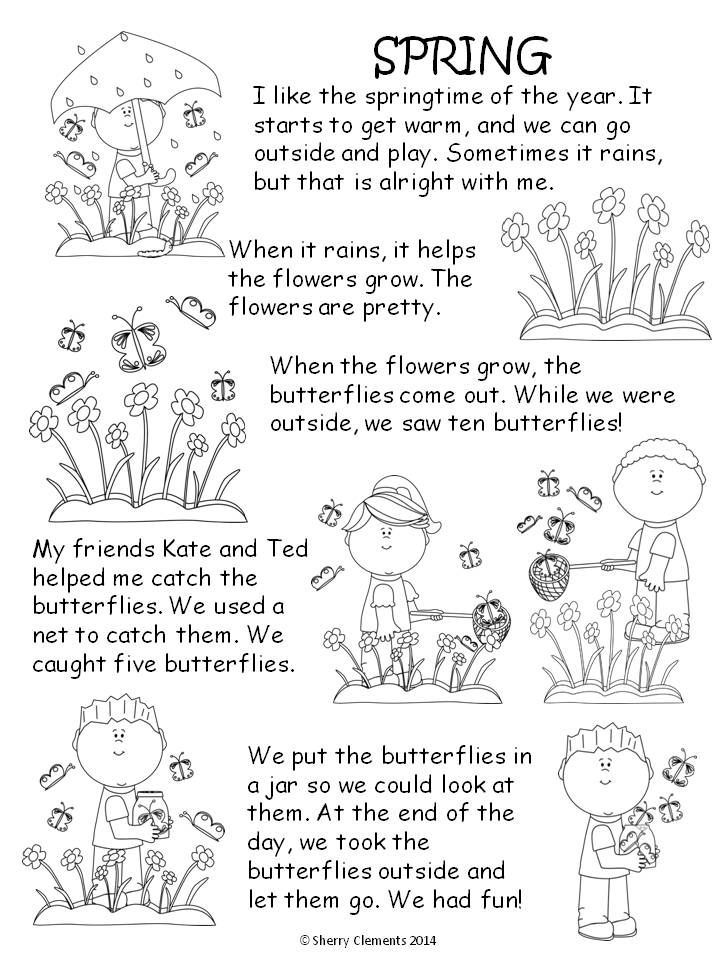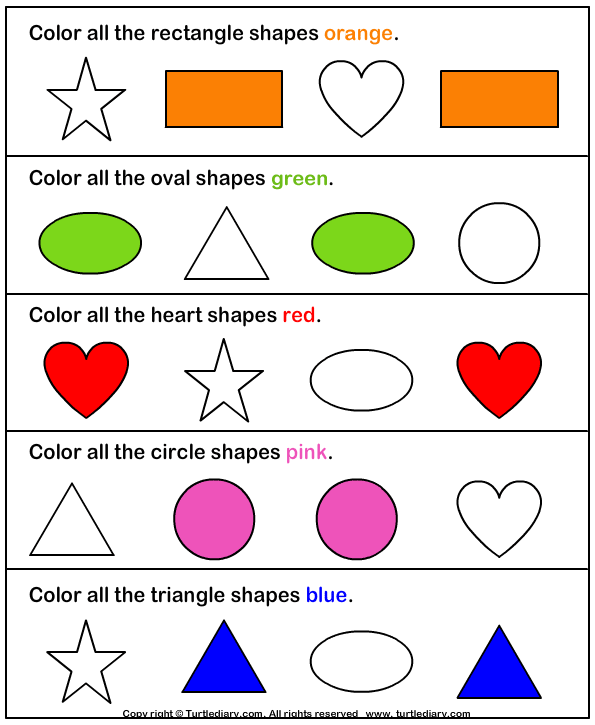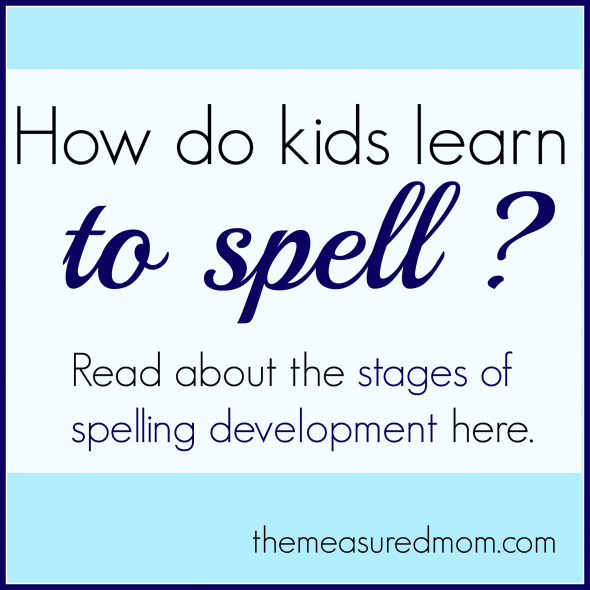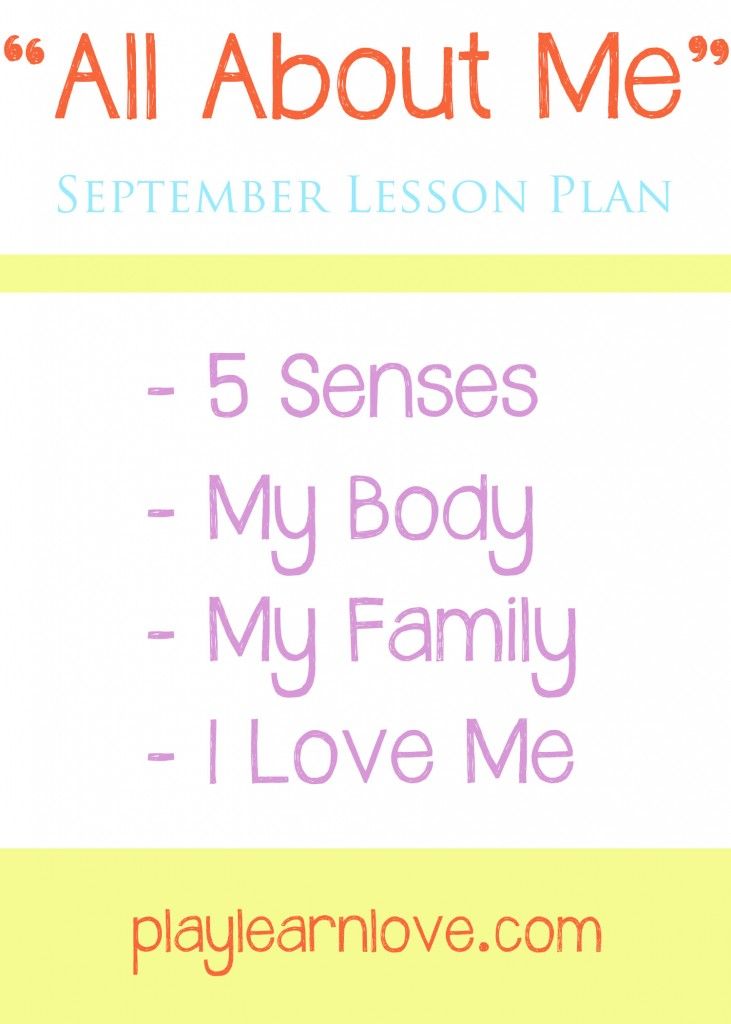The importance of reading to your child
Why Reading to Children Is So Important
Does your child have a favorite book they like to hear? Do you enjoy sharing your favorite childhood book with your child? That’s a win-win! Reading to children is important for many reasons including cognitive benefits, stronger social, emotional and character development, decreased levels of aggression, and stronger vocabulary. It strengthens your relationship with your kids and—best of all, helps kids develop a lifelong love of reading.
At just several months of age, an infant can listen to your voice, look at pictures and point to objects on pages. Children learn to love the sound of language before they even notice words on a page. Reading to children stimulates their imagination and expands their understanding of the world. It helps them develop language and listening skills and prepares them to understand written words.
Supported Cognitive Development
Reading to a child has been proven to improve cognitive skills and aid in cognitive development. Cognitive development is the emergence of the ability to understand and think, the construction of thought processes, including remembering, problem solving and decision-making, from childhood through adulthood. How a person perceives his world through areas such as information processing, reasoning, language development, attention span and memory are parts of cognitive development. Reading also stimulates brain cell activity. The more an adult reads to a child, the larger their vocabularies grow, and the more they understand about the world around them.
Better Language Skills
Reading exposes children to new speech patterns and vocabularies. They learn to absorb information on how to form a sentence and use words effectively, helping them develop better communication skills. Reading stimulates the part of the brain that allows children to understand the meaning of language and helps build key language, literacy, and social skills. This is especially important when you consider that, according to the American Academy of Pediatrics, more than one in three children start kindergarten without the skills they need to learn to read.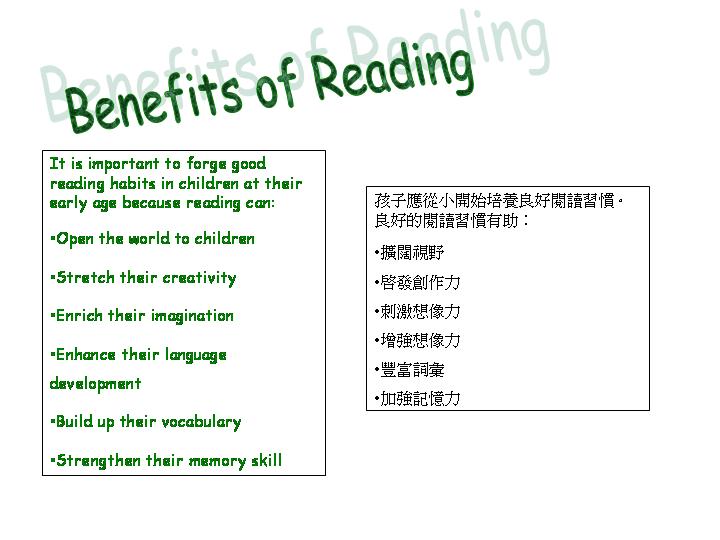 Research has shown that kindergarten children who were read to at least three times a week had a significantly greater phonemic awareness than did children who were read to less often.
Research has shown that kindergarten children who were read to at least three times a week had a significantly greater phonemic awareness than did children who were read to less often.
Prepare for Academic Success
By helping children to grow their vocabulary skills with exposure to new words and listening skills, they are better positioned for academic success. Studies show that students exposed to reading before preschool are more likely to do better when their reach their period of formal education. By jumpstarting a child’s reading success, they experience stronger growth in the following areas:
–phonemic awareness: being able to hear, identify and play with individual sounds
–phonics: being able to connect letters of written language with sounds of spoken language
–vocabulary: words needed to communicate effectively
–reading comprehension: being able to understand what has been read
–fluency (oral reading): ability to read text accurately and quickly
Reading Helps Children with Special Needs
For children with special needs, looking at faces and body language in a story helps them learn about nonverbal cures of communication.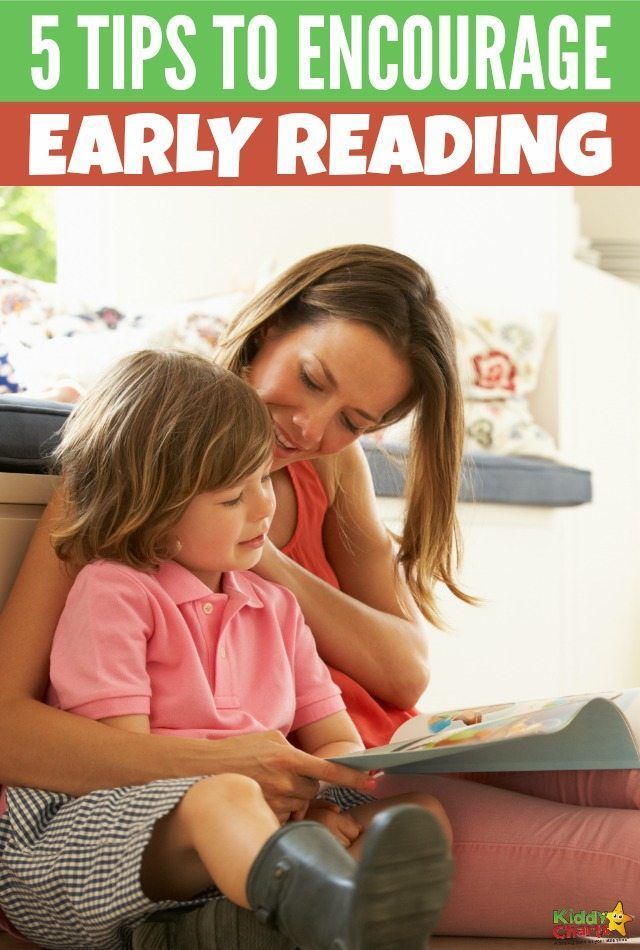 More than just being able to read or write, literacy is a key component of learning, development, communication, and a richer life. It’s not only about being understood, but also about being able to comprehend your world. Developmental delays can affect a child’s motors skills, social-emotional development, daily skills, and cognitive abilities. Reading can augment other learning styles—visual, auditory, tactile, and more. A child can look at an apple, bite it, do an apple puzzle, and read about apples. Looking at picture books can enhance a child’s ability to recognize pictures and what is happening in them, to generalize into his environment.
More than just being able to read or write, literacy is a key component of learning, development, communication, and a richer life. It’s not only about being understood, but also about being able to comprehend your world. Developmental delays can affect a child’s motors skills, social-emotional development, daily skills, and cognitive abilities. Reading can augment other learning styles—visual, auditory, tactile, and more. A child can look at an apple, bite it, do an apple puzzle, and read about apples. Looking at picture books can enhance a child’s ability to recognize pictures and what is happening in them, to generalize into his environment.
Literacy helps a child learn about herself and her feelings. When a child is stressed or had an afternoon meltdown but can’t tell you how he’s feeling, reading can often be a comfort. For example, a fun rhyming book about emotions, ending with “how do you feel today?” can offer a child a way to share feelings they might not be able to express otherwise, by allowing them to point to a picture in the book relating to their emotions.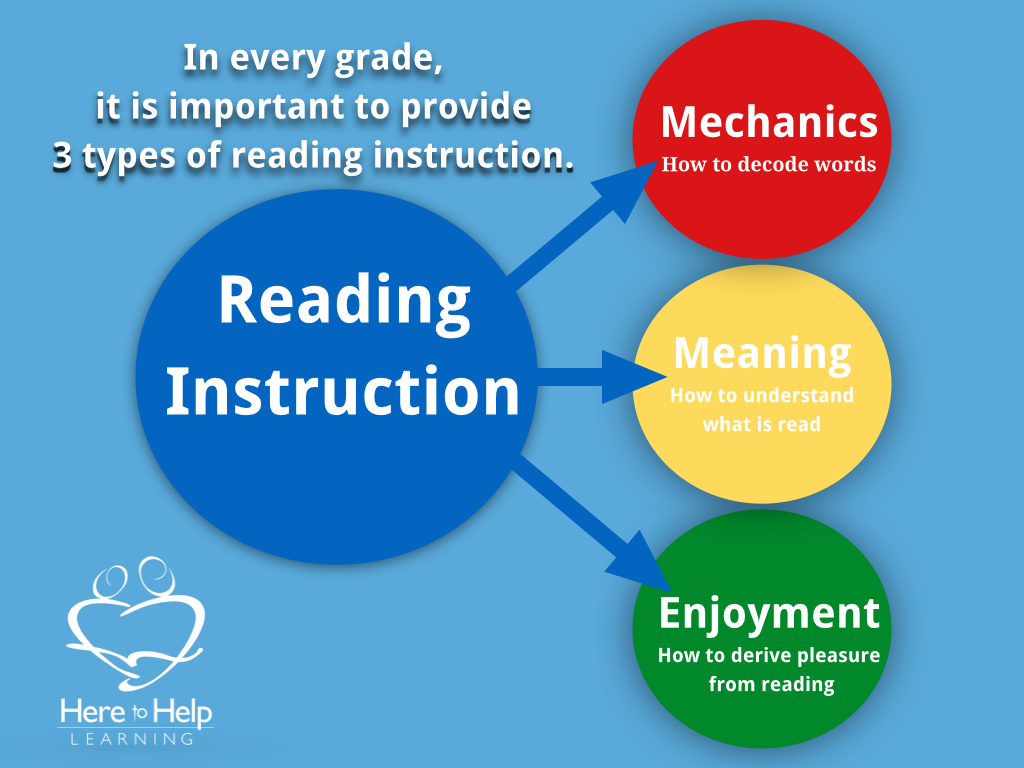
Special Bonding with Your Child
One of the most important things you can do to positively influence a child’s development is spend time with them. Reading to your child provides a wonderful opportunity to have a regular, shared event where you look forward to spending time together. Reading provides invaluable nurturing and reassurance to a child, even as a baby. Young babies love to hear familiar voices and reading is a perfect way to foster this connection. A strong parent/caregiver-child relationship can develop from a child knowing you’ll read together at a predictable, scheduled time that fits into daily routines. Reading aloud together gives you and your child something to talk about, which can also be used to discuss real-life experiences.
Increase Concentration and Improved Creativity
According to earlymoments.com, along with reading comprehension comes a stronger, self-discipline, longer attention spans and better memory retention.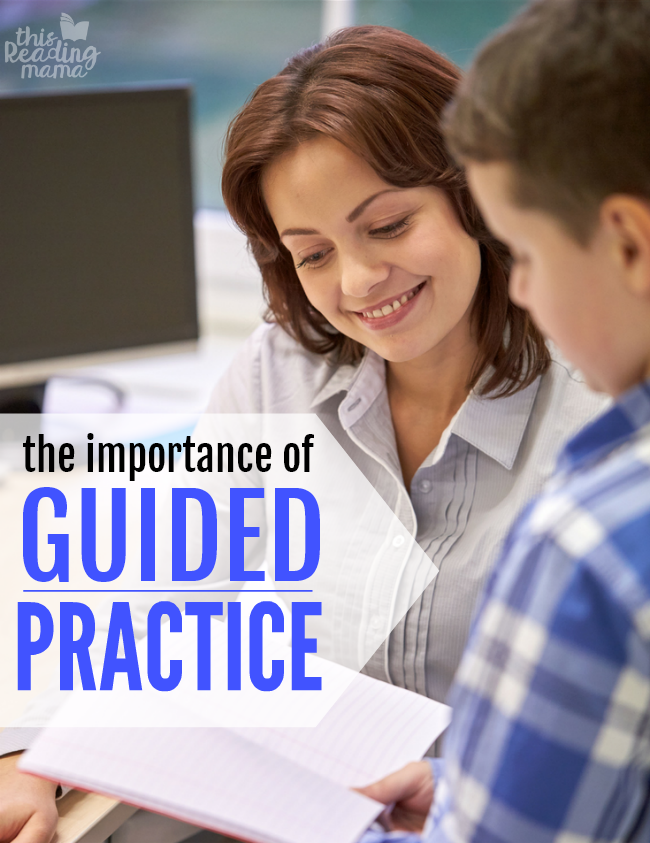 Additionally, reading can open doors to new worlds for your child as they use their imaginations to explore people, places, and events beyond their own experiences, shared with them through reading aloud.
Additionally, reading can open doors to new worlds for your child as they use their imaginations to explore people, places, and events beyond their own experiences, shared with them through reading aloud.
Resources
Take a look at this comprehensive list of 100 Books Every Child Should Hear Before Kindergarten. https://files.constantcontact.com/de0ceffa301/83882bd3-3d51-4f8c-a258-132be9314128.pdf
PBS Kids Read! https://www.pbs.org/parents/read
Life is hectic and parents/caregivers are busy. Taking the time to read with your child on a regular basis sends an important message that reading is worthwhile. Go to the bookstore together and let your child select a new book. Go to the library and borrow several books by different authors. Get excited! Help your child grow into an adult who reads easily and frequently whether for business, knowledge or pleasure.
References
www.pacer.org/ec/early-literacy/literacy-opens-the-world.asp
readingrockets.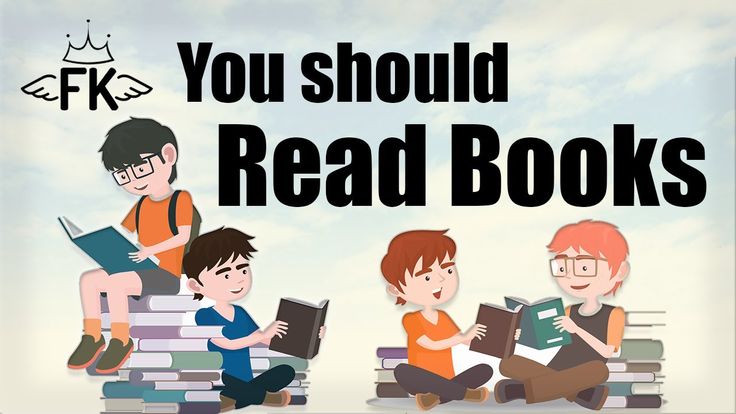 org
org
www.pbs.org/parents/thrive/why-reading-aloud-to-kids-helps-them-thrive
www.all4kids.org/news/blog/the-importance-of-reading-to-your-children/
Benefits & Importance of Reading to Children
Blog
03/03/2017
It’s undeniable that a child’s reading skills are important to their success in school, work, and life in general. And it is very possible to help ensure your child’s success by reading to them starting at a very early age. Continue reading to learn more about the top benefits of reading to children and how reading can support them for the future.
7 Benefits of Reading to Children
Whether you’re reading a classic novel or fairy tales before bed, reading aloud to children can significantly benefit your child’s life. Some benefits reading to children include:
- Supported cognitive development
- Improved language skills
- Preparation for academic success
- Developing a special bond with your child
- Increased concentration and discipline
- Improved imagination and creativity
- Cultivating.
 lifelong love of reading
lifelong love of reading
Reading to young children is proven to improve cognitive skills and help along the process of cognitive development. Cognitive development is the emergence of the ability to think and understand; it’s “the construction of thought processes, including remembering, problem solving, and decision-making, from childhood through adolescence to adulthood” (HealthofChildren.com). It refers to how a person perceives and thinks about his or her world through areas such as information processing, intelligence, reasoning, language development, attention span, and memory.
When you begin reading aloud to your child, it essentially provides them with background knowledge on their young world, which helps them make sense of what they see, hear, and read. In fact, many educators and researchers postulate that “It is the talk that surrounds the reading that gives it power, helping children to bridge what is in the story and their own lives,” rather than just the vocalization of the words.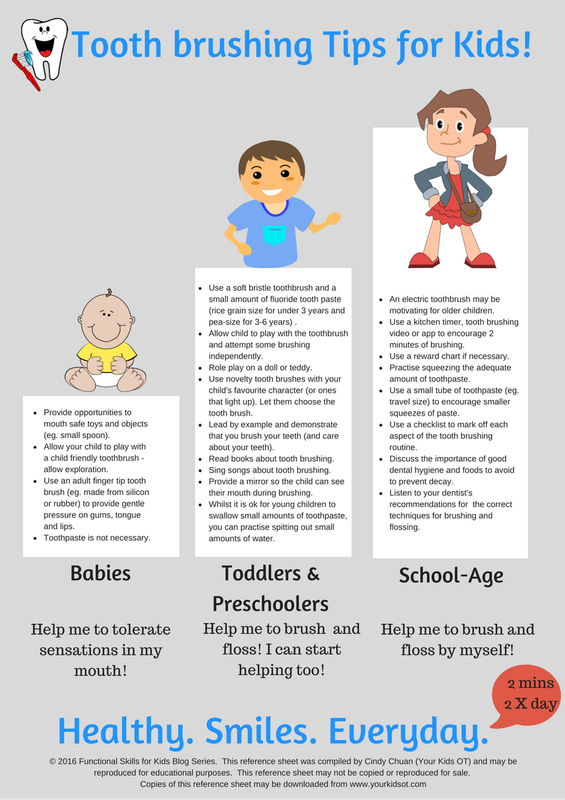 Introducing reading into your young child’s life, and the conversations that it will prompt, helps them to make sense of their own lives, especially at a young age.
Introducing reading into your young child’s life, and the conversations that it will prompt, helps them to make sense of their own lives, especially at a young age.
Consider this excerpt from a study on toddlers’ cognitive development as a result of being read aloud to:
“A child care provider reads to a toddler. And in a matter of seconds, thousands of cells in these children’s growing brains respond. Some brain cells are ‘turned on,’ triggered by this particular experience. Many existing connections among brain cells are strengthened. At the same time, new brain cells are formed, adding a bit more definition and complexity to the intricate circuitry that will remain largely in place for the rest of these children’s lives.”
Therefore, the more adults read aloud to their children, the larger their vocabularies will grow and the more they will know and understand about the world and their place in it, assisting their cognitive development and perception.
Improved language skillsReading daily to young children, starting in infancy, can help with language acquisition, communication skills, social skills, and literacy skills.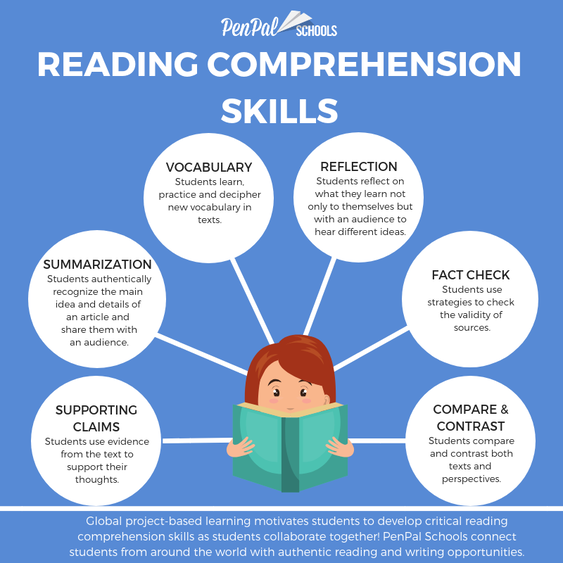 This is because reading to your children in the earliest months stimulates the part of the brain that allows them to understand the meaning of language and helps build key language, literacy and social skills.
This is because reading to your children in the earliest months stimulates the part of the brain that allows them to understand the meaning of language and helps build key language, literacy and social skills.
In fact, a recent brain scan study found that “reading at home with children from an early age was strongly correlated with brain activation in areas connected with visual imagery and understanding the meaning of language” (TIME.com)
These cognitive skills and critical thinking skills are especially important when you consider that, according to the American Academy of Pediatrics, more than one in three American children start kindergarten without the skills they need to learn to read. About two-thirds of children can’t read proficiently by the end of the third grade.
Furthermore, while a child will be able to latch onto vocabulary and language he or she hears around him or her, introducing reading into their auditory learning provides another benefit: it introduces the language of books, which differs from language heard in daily life.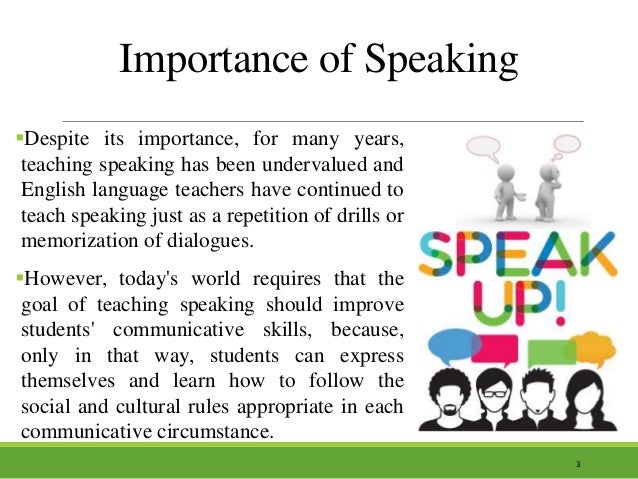 Whether it’s a children’s book or classic novel, book language is more descriptive, and tends to use more formal grammatical structures.
Whether it’s a children’s book or classic novel, book language is more descriptive, and tends to use more formal grammatical structures.
Early reading with your child is a true one-on-one opportunity for children to communicate with their parents and parents to communicate with their children. It allows children to grow their vocabulary skills with exposure to new words and listening skills they develop from hearing someone read to them that become vital to their academic success.
Studies have shown that “the more words that are in a child’s language world, the more words they will learn, and the stronger their language skills are when they reach kindergarten, the more prepared they are to be able to read, and the better they read, the more likely they will graduate from high school” (PBS.org).
Numerous studies have shown that students who are exposed to reading before preschool are more likely to do well when they reach their period of formal education.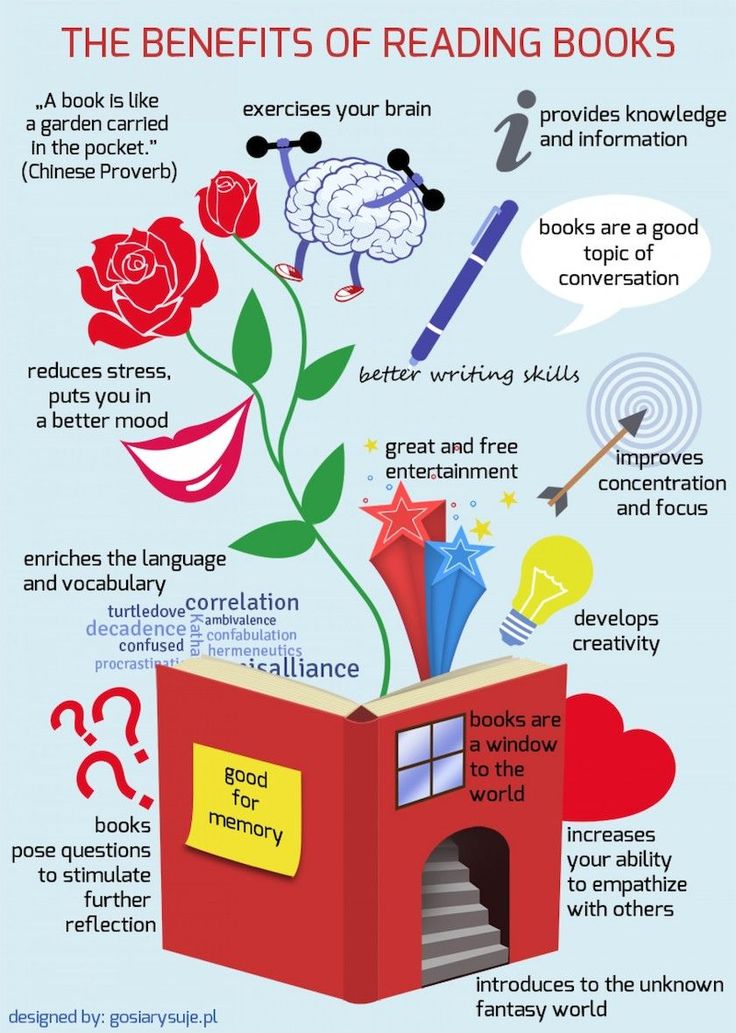 According to a study completed by the University of Michigan, there are five early reading skills that are essential for development. They are:
According to a study completed by the University of Michigan, there are five early reading skills that are essential for development. They are:
- Phonemic awareness – Being able to hear, identify, and play with individual sounds in spoken words.
- Phonics – Being able to connect the letters of written language with the sounds of spoken language.
- Vocabulary – The words kids need to know to communicate effectively.
- Reading comprehension – Being able to understand and get meaning from what has been read.
- Fluency (oral reading) – Being able to read text accurately and quickly.
While children will encounter these literacy skills and language development once they reach elementary school and beyond, you can help jumpstart their reading success by reading to them during infancy and their early toddler years.
While they won’t be able to practice fluency or phonics at that stage, they will get an earlier introduction to phonetic awareness, vocabulary and reading comprehension, all of which will set them up for success as they grow and interact with the world around them.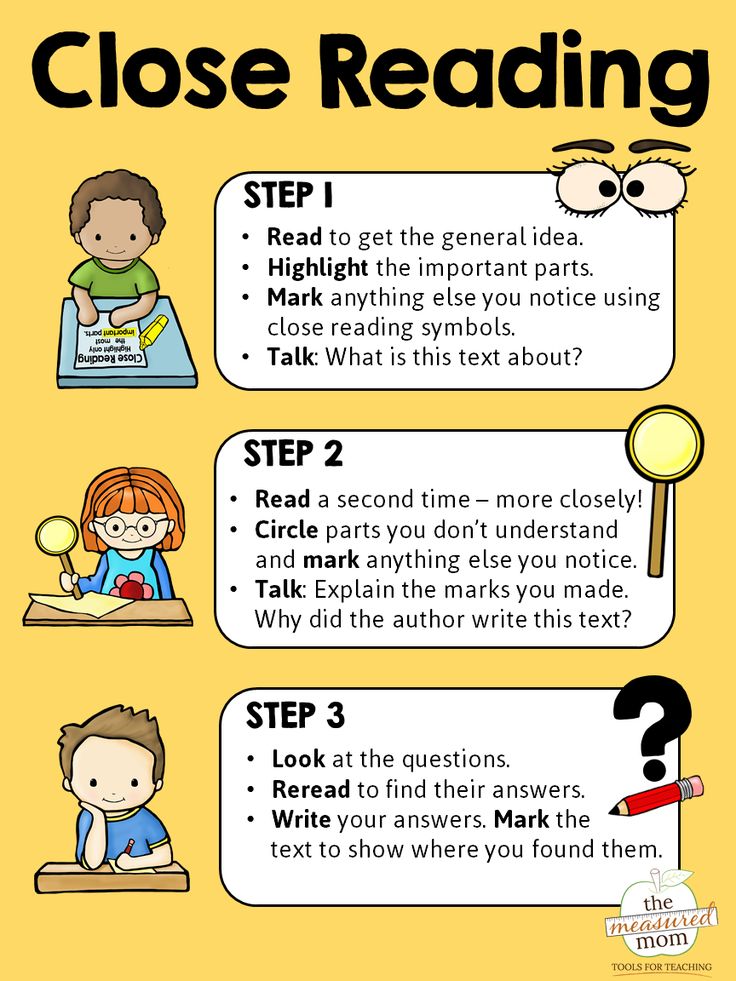
Developing a special bond with your child
It goes without saying that reading to your young child on a regular basis can help you forge a stronger relationship with them. When it comes to children, one of the most important things you can do to positively influence their development is spend time with them. Reading to your children provides a great opportunity to set up a regular, shared event where you can look forward to spending time together. With shared reading, your child will trust and expect that you will be there for them. The importance of trust to small children cannot be overstated.
Reading a favorite book to your children not only helps you bond with them, but also gives your children a sense of intimacy and well-being. This feeling of intimacy helps your child feel close to you, and the feelings of love and attention encourage positive growth and development.
With babies specifically, although they may not be able to understand what you’re saying when you read to them, reading aloud provides a level of invaluable nurturing and reassurance. Very young babies love to hear familiar voices, and reading is the perfect outlet to create this connection.
Very young babies love to hear familiar voices, and reading is the perfect outlet to create this connection.
At a broader, more scientific level, it’s the parent-child relationship, nurturing relationships between caregivers and children that set a positive life course. If you are able to read aloud with your child at a predictable, scheduled time that fits with the daily routines of home and school, you’ll be able to provide something constant that they can expect and likely even look forward to.
Reading aloud together and having a shared activity gives you and your child something to talk about, which in turn supports the development of reading and writing skills (per the vocabulary and reading comprehension areas of development mentioned above). And down the road, reading together can be used to discuss real-life experiences and issues. A children’s book can provide springboards to meaningful discussions about many different topics which can further develop a child’s critical thinking skills.
At its core, literature is one of the best ways to help kids understand something without necessarily having to experience it for themselves. Reading to your child helps to expose them to all types of subjects and concepts, building our children’s understanding of humanity and the world around them (ReadBrightly.com).
Increased concentration and disciplineIntroducing regular reading time into your child’s schedule has another benefit outside of creating shared time together: increased discipline and concentration. Very young children rarely sit still for long, and it’s oftentimes difficult to get them to focus. But when you introduce regular reading to your children, you may start to observe a change in behavior. Toddlers may initially squirm and become distracted during story time, but eventually they’ll learn to stay put for the duration of the book.
According to EarlyMoments.com, along with reading comprehension comes “a stronger self-discipline, longer attention span, and better memory retention, all of which will serve your child well when she enters school.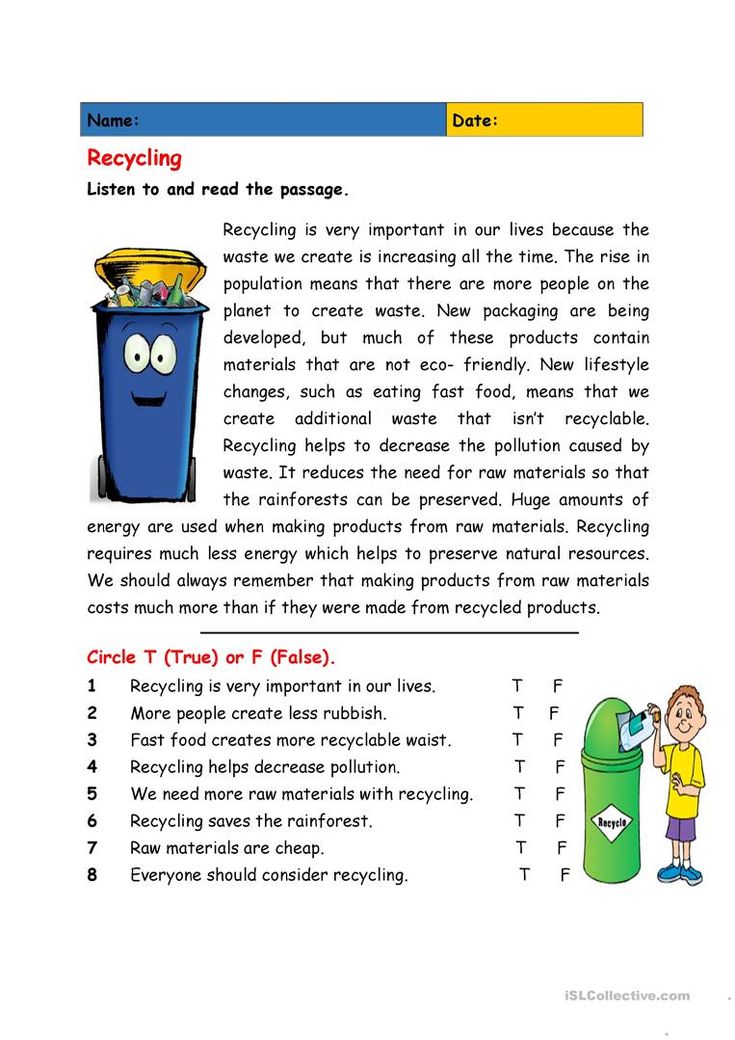 ”
”
Young children naturally have a capacity to dream big and use their imaginations. Reading aloud to your child helps them use their imaginations to explore people, places, times, and events beyond their own experiences. Reading as an imaginative activity can open doors to all kinds of new worlds for your child. By widening your child’s imagination, your child is more likely to dream bigger and act creatively which can benefit they school, work, and life in the future.
Cultivating a lifelong love of readingAccording to Jim Trelease, author of the best-seller, The Read-Aloud Handbook: “Every time we read to a child, we’re sending a ‘pleasure’ message to the child’s brain… You could even call it a commercial, conditioning the child to associate books and print with pleasure” (ReadAloud.org)
This connection between reading and “pleasure” is crucial for success later in life. As personal development coach and speaker Brian Tracy says, your ability to expand your mind and strive for lifelong learning is critical to your success — “Learning is the minimum requirement for success in any field.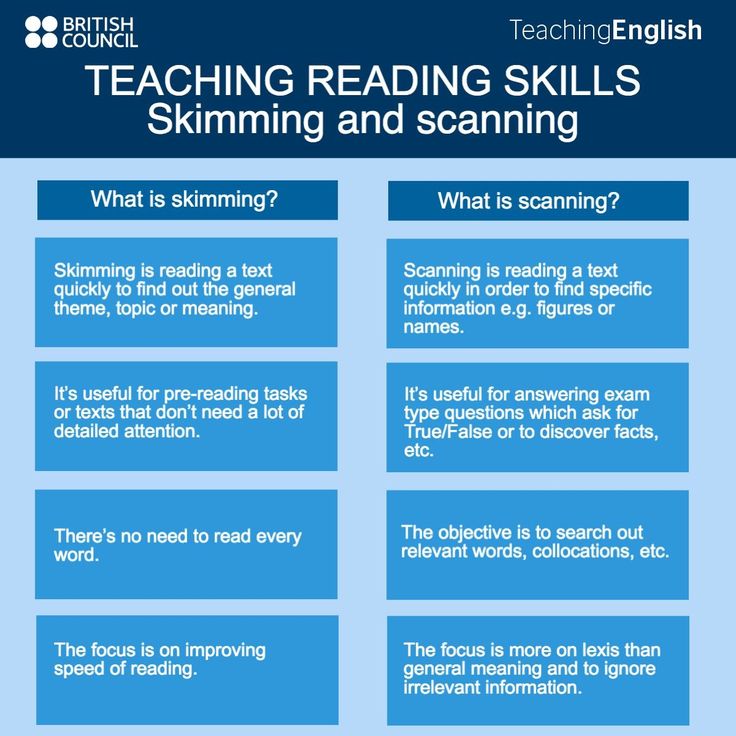 ”
”
Reading is the key for lifelong learning, and if you can instill a love of reading at an early age, then a commitment to lifelong learning is sure to follow. Reading aloud presents books as sources of pleasant, valuable, and exciting experiences. Children who value books are motivated to read on their own, and will likely continue to practice independent reading throughout the rest of their lives.
When it comes to reading to your children, the benefits to your child’s life range far beyond the development of a close bond with them, although that’s certainly one of them. Reading aloud to children is truly the single-most important activity for building these understanding and skills essential for reading success that your child will carry with them all throughout their life.
To learn more about our resources for children, visit our website.
Related Articles
This website uses cookies to improve your experience.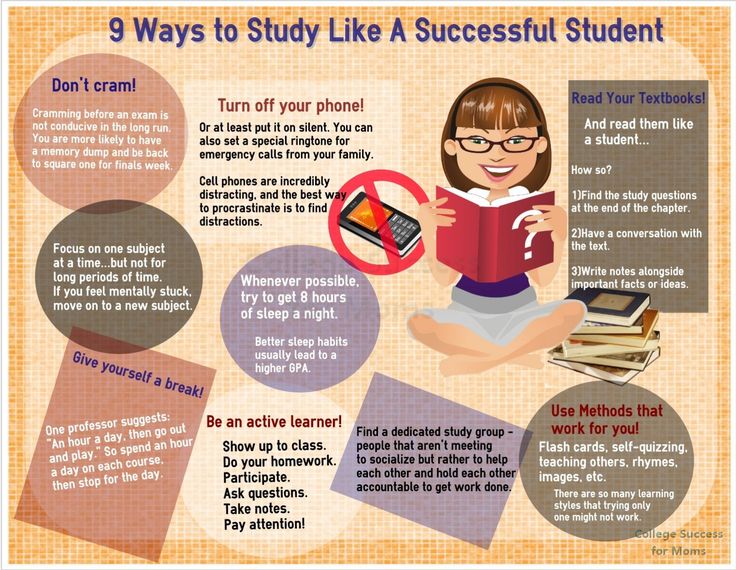 By continuing to use our site you agree to our Privacy Policy. ACCEPT
By continuing to use our site you agree to our Privacy Policy. ACCEPT
The importance of books in the development of preschool children
The importance of books for a child is very great. Books serve to expand the child's understanding of the world, to acquaint him with things, nature, everything that surrounds him.
It is the parents who read the child's first books and influence the formation of his preferences and reading tastes.
You need to read with your child: take a book, sit down and read. When systematically books are read aloud, then over time the child begins to understand the structure of the work: where the beginning and end of the work, how the plot develops. The child develops logical thinking. Thanks to reading, the child learns to correctly compose sentences, his vocabulary expands, and his imagination develops. In addition, the child develops the ability to listen, and this is a very important quality.
Experience shows that those children who were read books in childhood, told fairy tales, becoming adults, they read a lot.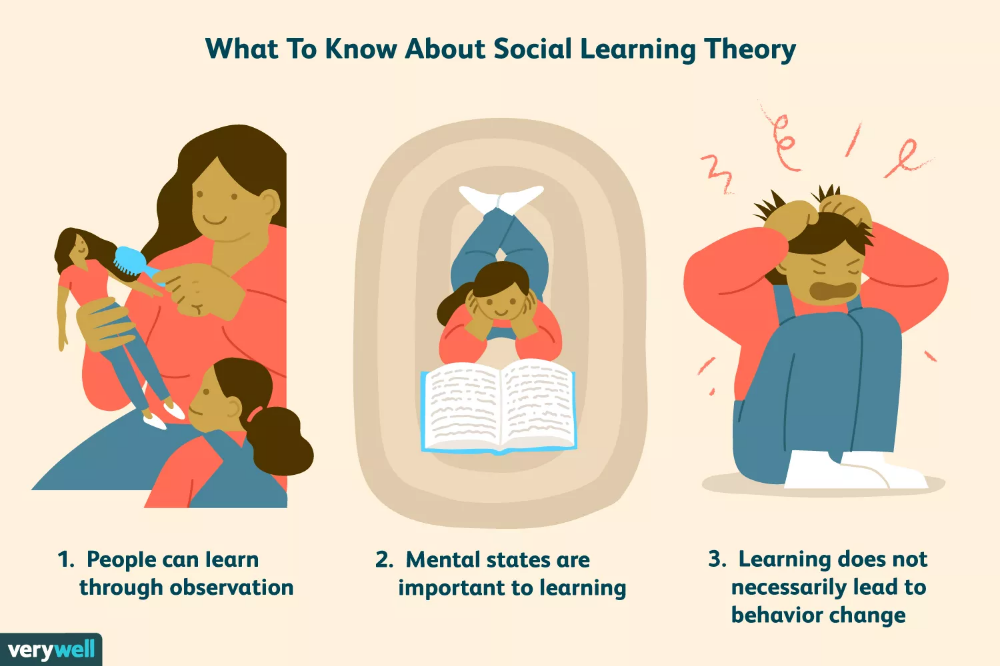 Reading helps the child to better understand the native language, develops imagination.
Reading helps the child to better understand the native language, develops imagination.
It is believed that those children do not like to read, in whose families there was no tradition of reading aloud. It is also bad when a child is forced to read in early childhood, great success is expected of him, this can discourage the child from reading. Do not refuse the child when he asks to listen to how he reads.
Why read books to children?
Children have a great need for their parents to read aloud to them. For the successful development of the child, family reading is very important, and not only until the child himself can read, but also at a later age. Children look forward to when mom or dad has time for them.
In order for a child to grow up mentally healthy, he needs full communication with his parents, personal communication, when attention is paid to him completely. And reading together makes that possible.
The first reason to read books is to satisfy the child's need for security
and security. A single space is created, a sense of belonging. Such moments have a strong influence on the formation of a comfortable sense of the world.
A single space is created, a sense of belonging. Such moments have a strong influence on the formation of a comfortable sense of the world.
The second reason is the feeling of value and significance of one's "I" .
When parents read what is interesting to the child and are ready to discuss topics that are significant to him, strive to understand his views as best as possible, the child develops an idea of himself as a significant person whose needs and interests are important (because they pay attention to such important people - parents).
The third reason is the formation of values
The book affects the moral ideals of the child, forming his values. The heroes of the books perform various actions, experience various life situations, consonant with the world of the child or unknown to him. Using the examples of situations in which the heroes of the books find themselves, the child learns to understand what good and evil, friendship and betrayal, sympathy, duty, honor are.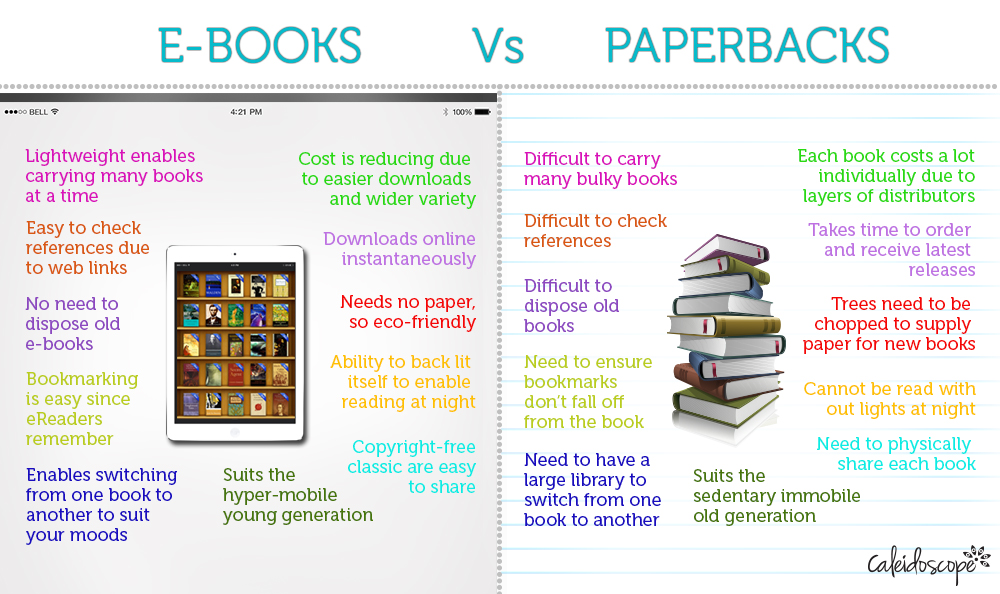 And the task of parents is to help see the reflection of these values in the life of the child.
And the task of parents is to help see the reflection of these values in the life of the child.
Release from fears
The book is also a means of defusing experiences that are painful or frightening for a child, which it is not always possible to cope with in a familiar situation. The child, together with the hero, experiences his failures and victories, overcomes fears and difficulties on the way to the goal. Thus, freeing yourself from your own fears and negative experiences. That is why a child can re-read a story (or a whole book) many times if it is consonant with his life situation. The child again and again experiences what he cannot yet cope with in reality.
Teaching new patterns of behavior
Through the book, the child perceives different patterns of behavior (how to make friends, how to achieve goals, how to resolve conflicts) that can be effective in various life situations. The greatest effect can be achieved if the reading is also supplemented by a joint discussion of who and what took out for themselves, what they liked, what was close, frightened, amused.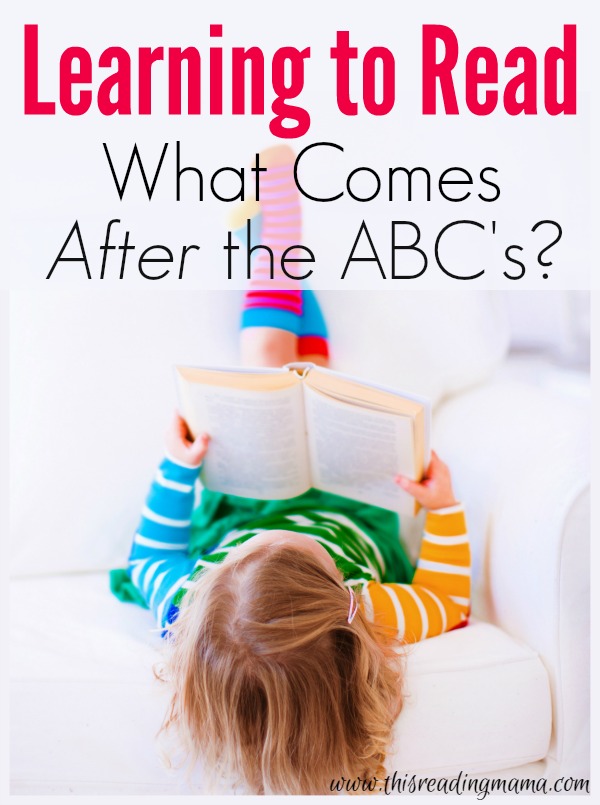 Parents can help the child to see the analogies of what they read with his own life.
Parents can help the child to see the analogies of what they read with his own life.
A book is the best teacher of a child.
With its help, he will be able to find answers to his questions, learn about the world and himself, experience the stories of heroes, fantasize the development of further events of a particular work.
The kid is growing, which means that every day more and more new experiences await him, he actively explores the world and makes many discoveries. He receives more and more diverse information he needs for further correct physical, mental and mental development. Children receive new knowledge from the people around them, primarily from their parents, as well as from books.
It's no secret that today's children read little, preferring books to watching TV programs and videos, computer films. This sad reality should make us parents think and try to somehow correct the situation.
From a very young age, babies need to read as many books as possible.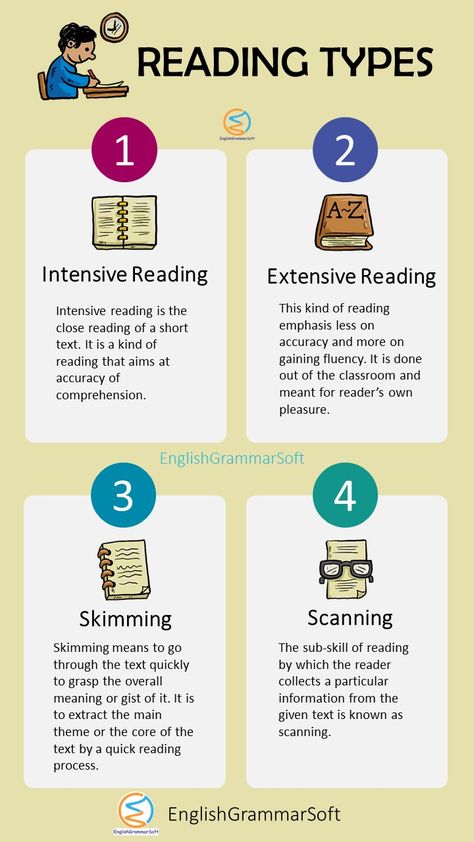 It is very important that he loves this activity. The book may be of interest to both boys and girls, the main thing is to find an option that the child will like.
It is very important that he loves this activity. The book may be of interest to both boys and girls, the main thing is to find an option that the child will like.
Scientists have found that a child who is read to systematically accumulates a rich vocabulary.
Reading with the mother, the child actively develops imagination and memory.
It is reading that performs not only a cognitive, aesthetic, but also an educational function. Therefore, parents need to read books to their children from early childhood.
The variety of children's books surprises, but not always pleases. It is important to remember that in any book, including children's, the most important thing is the content.
Recommendations for purchasing literature:
Children 2-3 years old love books with large pictures, love to look at them. Here Russian folk tales come to the rescue: "Turnip", "Gingerbread Man", "Ryaba Hen", "Teremok".
It is always easier for a small child to perceive a story than reading. Therefore, tell him fairy tales in your own words and at the same time look at the pictures for the book.
In the third year of life, the vocabulary increases rapidly, and the child can already read poems. Introduce the work of A. Barto, Z. Alexandrova.
In children 4-5 years old, vocabulary is activated, coherent speech is developing. When reading literary works to a child, you need to pay attention to individual words and expressions. You can learn to retell short texts of Russian folk tales.
Slowly start memorizing poems. At this age, you can introduce the child to the tales of foreign authors, heroic folk tales, stories about nature and animals, and the work of K. Chukovsky.
For children 6-7 years old among all genres of fiction, fairy tales are still in the first place, only author's ones are added to the folk ones. Therefore, they can be introduced to the work of Eduard Uspensky, with the funny stories of N.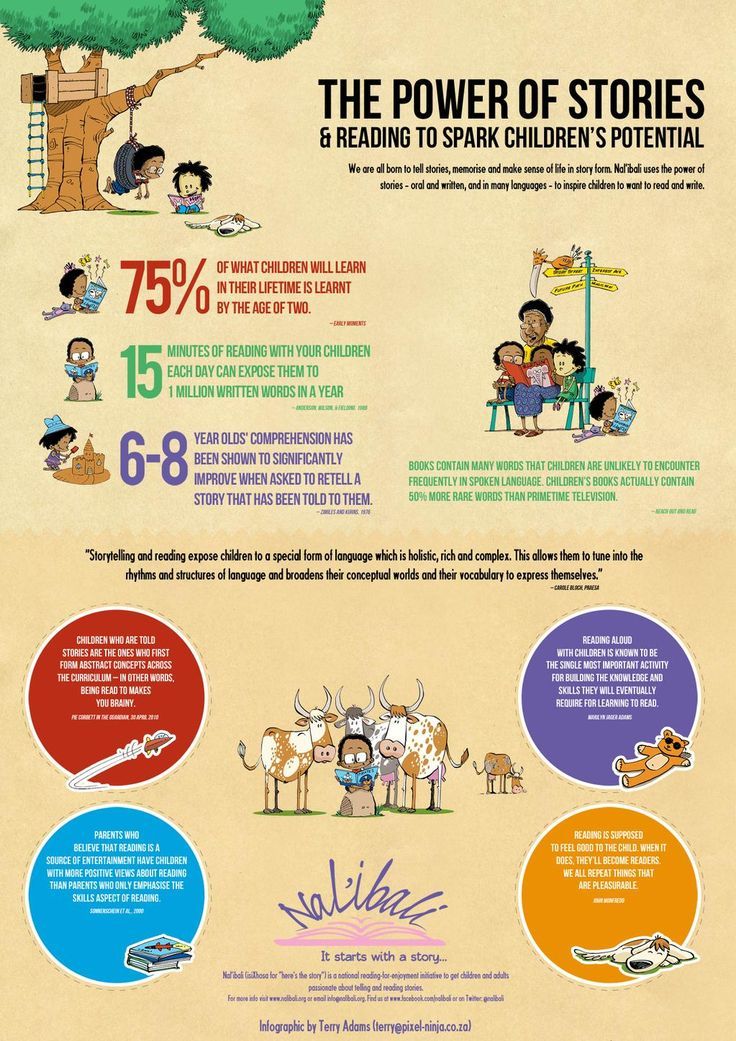 Nosov. Children of this age should buy bright books with large print and many beautiful pictures, the plot of the book should be interesting so that the child wants to read to the end. A book at that age should be fun. When choosing a book, pay attention to the number of dialogues in the works, because you can read by roles.
Nosov. Children of this age should buy bright books with large print and many beautiful pictures, the plot of the book should be interesting so that the child wants to read to the end. A book at that age should be fun. When choosing a book, pay attention to the number of dialogues in the works, because you can read by roles.
In order for a child to love a book, parents need to work hard.
Advice for parents
- Talk about the value of the book more often;
- Cultivate a respect for the book by displaying your family's book heirlooms;
- You are the main example for the child, and if you want your child to read, then it is worth spending some time with the book too;
- Visit the library together, bookstores;
- Buy books that are bright in design and interesting in content;
- Rejoice in the successes of the child, but do not focus on mistakes;
- Discuss the book you have read among family members;
- Tell your child about the author of the book you read;
- Have family readings more often.

- Reading for children should become a daily habit, a necessity.
The role of books in child development
References:
Shekhovtsova, L. D. The role of the book in child development / L. D. Shekhovtsova, I. V. Prokofieva, E. A. Molchanova, R. I. Markova. - Text: direct // Education and upbringing. - 2018. - No. 1 (16). - P. 3-6. — URL: https://moluch.ru/th/4/archive/81/3071/ (date of access: 01.12.2022).
The value of books for a child is very great. Books serve to expand the child's understanding of the world, to acquaint him with things, nature, everything that surrounds him.
From childhood, while reading books, a person actively develops his thinking. The book awakens both thought and imagination. The book teaches perseverance and the development of independent work skills, makes you think, analyze, predict. These qualities are important in order to cope with life's problems and worries, to find solutions to the most difficult tasks. Books form the worldview, values, beliefs, personal philosophy. All this indicates an impact on the standard of living. The book opens up a new, still unknown and huge world for the child. If children see books and reading as a source of information, then all the knowledge accumulated by mankind will be open to them.
Books form the worldview, values, beliefs, personal philosophy. All this indicates an impact on the standard of living. The book opens up a new, still unknown and huge world for the child. If children see books and reading as a source of information, then all the knowledge accumulated by mankind will be open to them.
It is best to introduce a child to books from birth. A book is a very important form of communication between a child and parents. Books can be read to a child from the cradle. While you are taking care of the baby (bathing, feeding, etc.), tell him little nursery rhymes and fairy tales. Of course, the baby still does not understand anything, but he perfectly captures intonation and sounds.
It is necessary to instill a love for books from early childhood, then there will be no problems later. The child should develop the habit of reading, and then at an older age, he will also continue to read.
Parents should make every effort to develop the need for reading in children.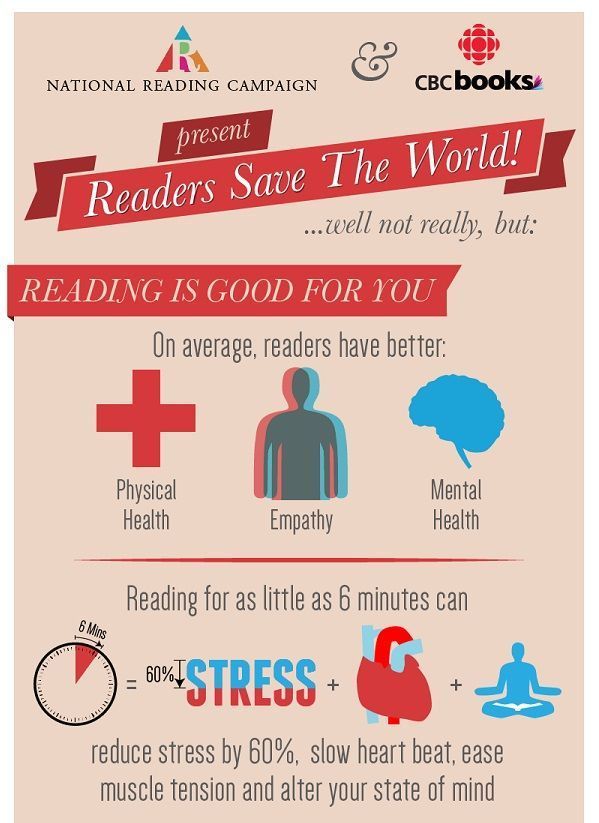 And then it will not be very important when the child reads the first book on his own for the first time: at the age of 4 or in the first grade. The door to the wonderful world of literature will be opened. The great merit of books is the morality they contain.
And then it will not be very important when the child reads the first book on his own for the first time: at the age of 4 or in the first grade. The door to the wonderful world of literature will be opened. The great merit of books is the morality they contain.
The ability to read involves a whole range of skills, and mastering each of them requires effort. It is not enough to remember all the letters and learn how to put words out of them, and then sentences. You will have to train your memory so as not to forget its beginning by the end of the phrase, and by the second page - the content of the first. When reading or listening to a book, children imagine themselves in the place of the main characters. A wonderful world opens before them, full of princesses, noble deeds and evil sorcerers. The book for the child acts as a teacher, shows him which actions are good and which are bad. This book compares favorably with a movie or a cartoon, in which the characters are given ready-made - the way the creator of the film wanted to present them.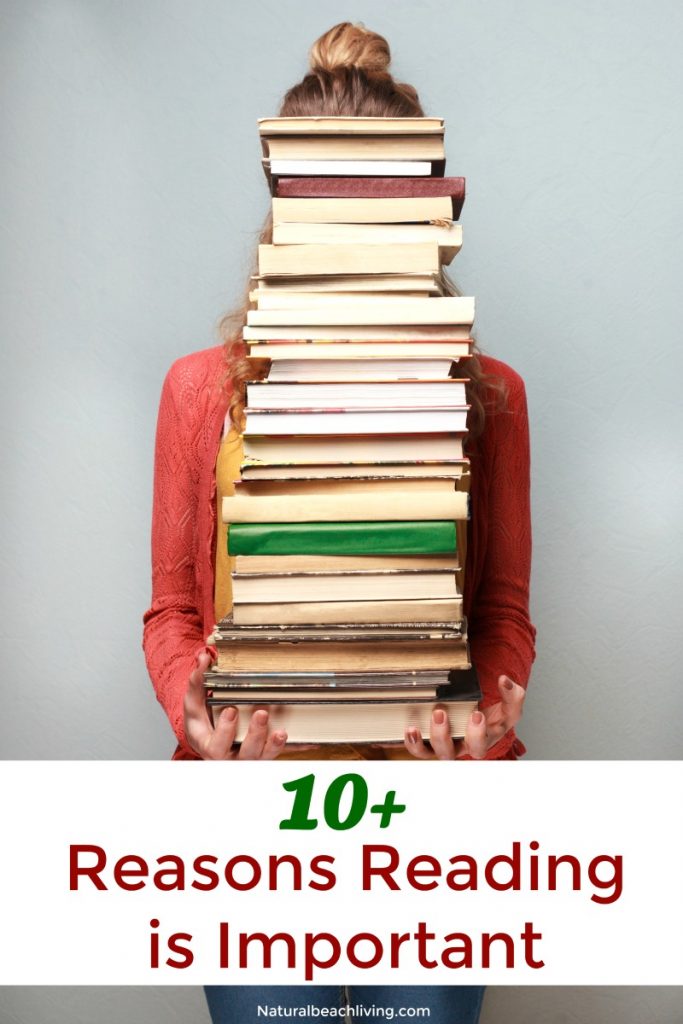 Sometimes difficult experiences prompt a child to re-read the same books many times until his own point of view crystallizes, and nothing can replace this work of the soul.
Sometimes difficult experiences prompt a child to re-read the same books many times until his own point of view crystallizes, and nothing can replace this work of the soul.
The deep meaning of children's fairy tales directly affects the upbringing of the child, telling him about good and evil, about good and bad deeds. On the example of favorite characters, the child will be able to learn how to act and what actions to avoid. Sometimes books act on controversy by making villains the main characters and ridiculing their bad deeds. By explaining to the child the meaning and content of the book, the parent will help not only develop the imagination, but also influence the competent establishment of a causal relationship. With the help of literature, the child will be able to understand that any action is followed by its consequences, and that any bad deed will sooner or later be punished. Establishing cause-and-effect relationships in babies is difficult, but thanks to the literature, this difficult moment of learning will also be mastered.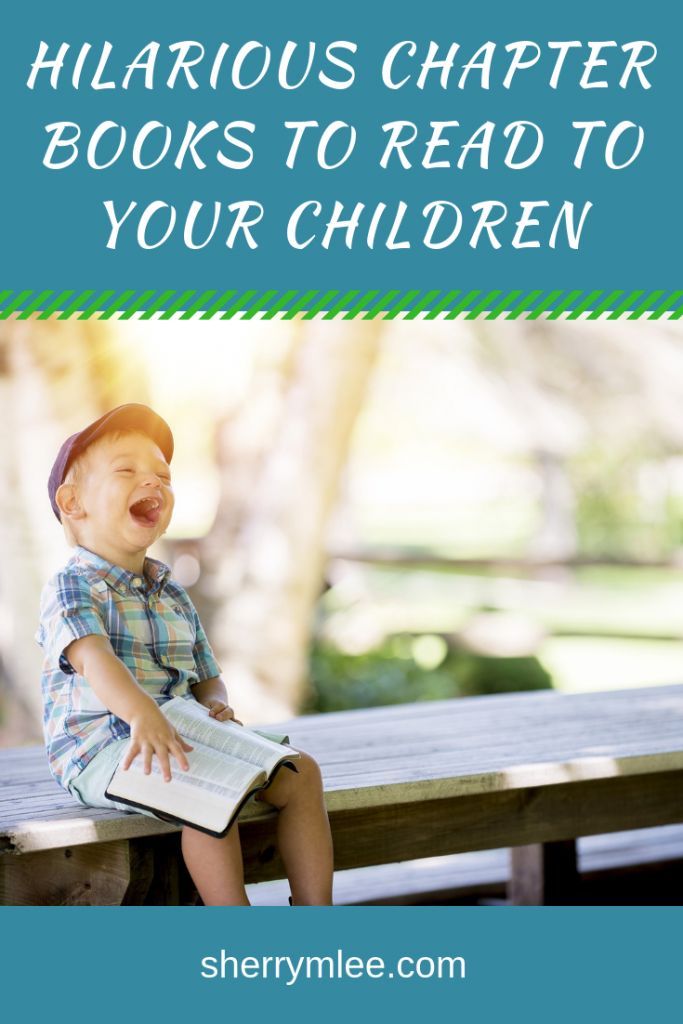
Reading helps to increase vocabulary and develop speech. And each new word that has become clear expands the boundaries of the world, enriches it with new meanings. His thinking becomes more harmonious and orderly, a solid foundation for further education is formed.
Regular exposure of a child to a book can lead to a lifelong love of the written word. By introducing books into your child's daily routine, you will instill a reading habit in him, probably for the rest of his life. It is worth noting that when a child listens to books, he can become more independent. While reading, concentration increases and the child learns to listen to what the other is saying. To get into the story, the child is in the maximum center of attention and carefully listens to every word. This improves his concentration. Also, while you are reading a fairy tale, it teaches that we should be silent and listen to someone talking. After reading, be sure to ask the child to briefly talk about what he heard and learned new things.
Another great virtue of books is that they arouse deep interest in the child. If the kid likes this or that book, he will definitely read it to the end, developing both his own imagination and his perseverance. Psychologists have long proven that children who read a lot have a calm character. They are able to focus their attention on a specific object of study for a longer time, and this, in turn, greatly facilitates the learning process. Those children who read a lot in childhood and often spent time reading a book will be much more diligent at school.
Do not worry if the child reads the same book several times. Children are more comfortable when they already know the end of their favorite story and can tell it by heart. Reread your favorite books with your child, but slowly offer him new options.
Books can also improve memory. Learn poetry, tell stories and so on. Sooner or later, the child himself will begin to tell his parents this or that work. Especially this effect is obtained in the evening.
If you want your child to read, set an example for him. If he sees that there are books and magazines in the house, then he will know that you value reading and will follow your example. The main thing is not to force them to read, otherwise the child will perceive the process as hard labor, a punishment that they want to get rid of as soon as possible. After such measures, your child is unlikely to want to continue reading for himself. After all, first of all, a book is still entertainment and endless hours of pleasure. It should be perceived as a pleasant activity, a source of interesting and useful information, and not an imposed necessity. Also, parents should carefully select literary material for their child. At an early stage of development, when the baby is just beginning to reach for books, it is worth selecting for him only the most interesting works, short tales and parables with vivid images. In the future, the child can move on to the study of more serious and complex works.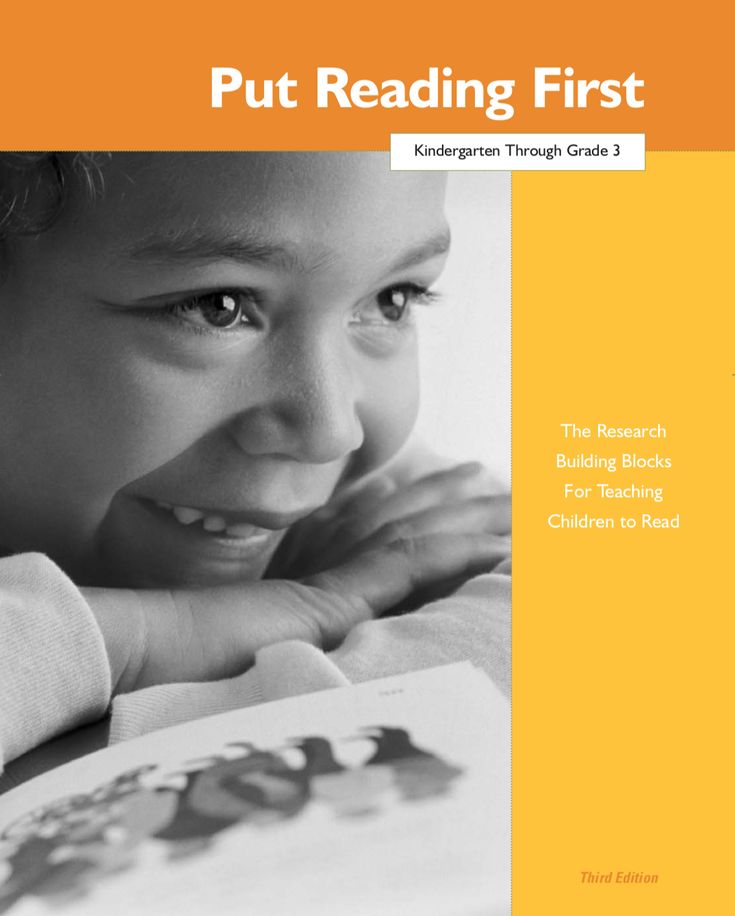 Such a progressive approach will help the baby find his favorite genre of literature and get acquainted with a rich selection of children's works.
Such a progressive approach will help the baby find his favorite genre of literature and get acquainted with a rich selection of children's works.
Reading children's books together with parents will bring the family closer. Such children will never feel lonely, and parents will have the opportunity to find out the range of interests of their child, because often the child associates himself in the future with his favorite character. You can arrange a general discussion after reading the book, so you will teach your child to express his thoughts clearly, listen to the opinions of others and develop communication skills with other people. Psychologists believe that children to whom parents read books are emotionally balanced and self-confident. Visit bookstores. Build an interesting children's library at home. Get inspiring books that are colorful and fun to keep kids excited to read even more. Solve crossword puzzles, charades, rebuses, interesting logic puzzles with children.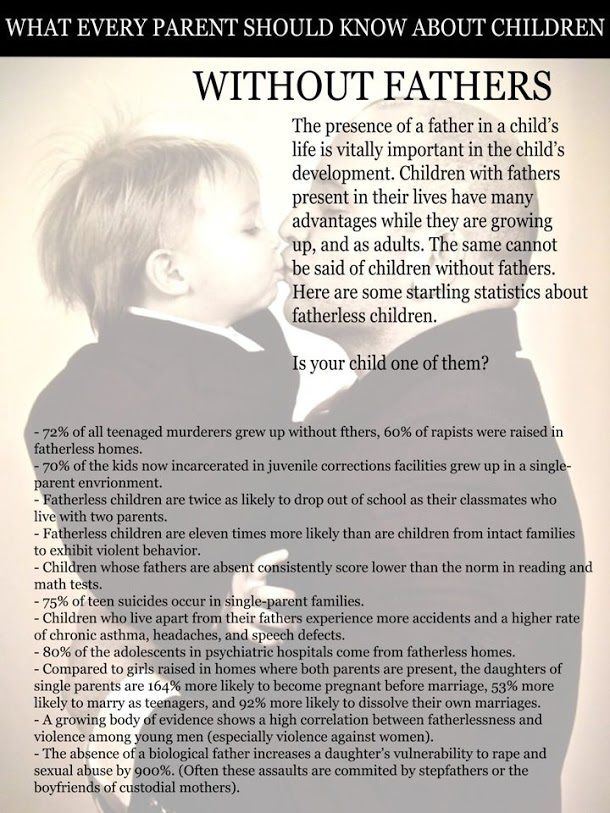 Encourage children to read aloud, train reading technique, expressiveness. In order for a child to grow up mentally healthy, he needs full communication with his parents, personal communication, when attention is paid to him completely, and reading together provides such an opportunity. Experience shows that those children who were read books in childhood, told fairy tales, becoming adults, they read a lot. Reading helps the child learn the language better, develops imagination.
Encourage children to read aloud, train reading technique, expressiveness. In order for a child to grow up mentally healthy, he needs full communication with his parents, personal communication, when attention is paid to him completely, and reading together provides such an opportunity. Experience shows that those children who were read books in childhood, told fairy tales, becoming adults, they read a lot. Reading helps the child learn the language better, develops imagination.
The book will always help to find contact with the baby, get close to him, talk heart to heart and just be together, not to mention the fact that it can give the child many useful qualities. By accustoming a child to reading and offering him interesting, informative books, we educate him. Books awaken interest in study, work, self-knowledge. Explain to your child that the more he reads, the better he learns. From the moment of coming to school, the child should realize that much knowledge needs to be obtained on his own, and the book will help in this.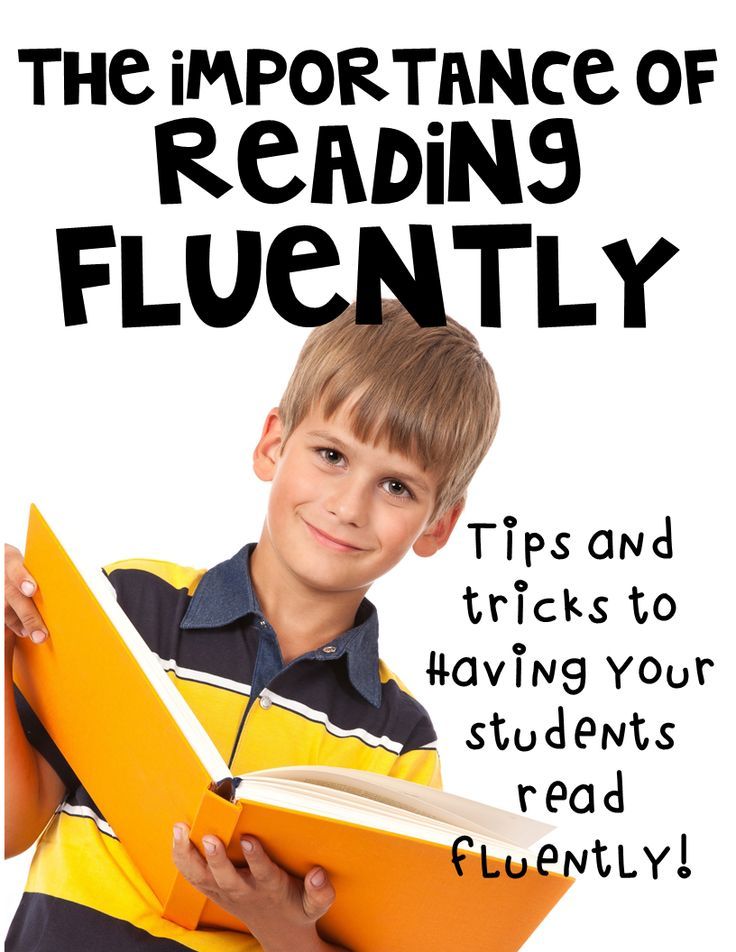
Whether a child loves to read depends not only on the teacher. The merit in it, first of all, parents. If an atmosphere of respect for the book reigns in the house, and parents respond to the child's requests to read, help to understand something, then the child will appreciate reading as one of the integral components of life.
If a child shows interest in books, it is necessary to support and develop him. You need to offer the child to draw his favorite character or come up with an ending for some story from the book. These exercises will help develop thinking, logic and attentiveness, and such books as "Moydodyr" or "Fedorino's grief" will teach the child to hygiene.
Nowadays, children are less and less likely to pick up a book. This is due to the fact that the modern world is literally crammed with television and the Internet. Also, this may be due to irresponsible parents who mistakenly believe that a child can learn all the necessary knowledge in life from TV or the Internet.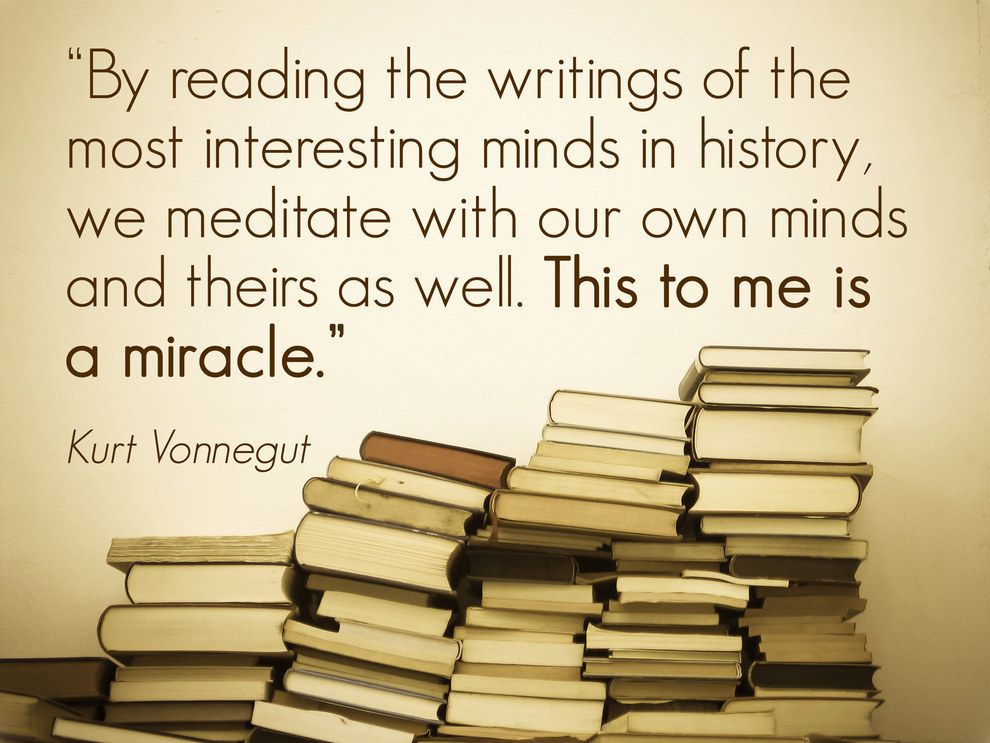 But we should not forget that it is very important for a child to read a book before going to bed. At first, she simply helps him fall asleep, but on a subconscious level, the child has the necessary information that will definitely come in handy in the future.
But we should not forget that it is very important for a child to read a book before going to bed. At first, she simply helps him fall asleep, but on a subconscious level, the child has the necessary information that will definitely come in handy in the future.
It is important that the child gets acquainted not only with domestic, but also with foreign literature. You can start with simple fairy tales br. Grimm, G. Andersen and the adventures of J. Swift and M. Twain. This will help in the future to realize yourself as part of a big world that does not end with the framework of home and school.
The role of reading in the development of every child is great. After all, reading has a huge impact on the development of the child: his intellect, creative and logical thinking, emotional and social development, psychological and psychophysiological development. Reading develops the speech of the child, contributes to the formation of the correct moral and aesthetic attitude to everything that happens.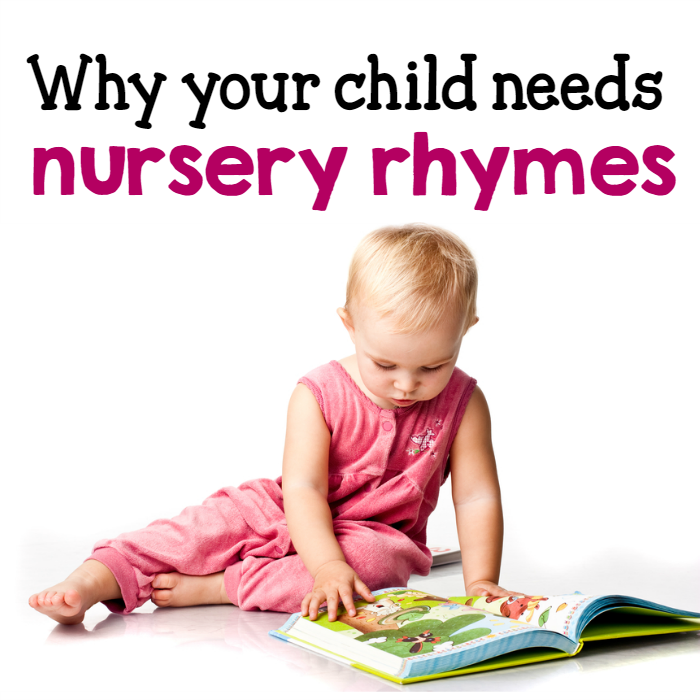 Literature acquaints the child with various manifestations of life, with labor activity, nature, developing social experience.
Literature acquaints the child with various manifestations of life, with labor activity, nature, developing social experience.
Remember that by reading, the child becomes a fully developed personality.
Basic terms (automatically generated) : child, book, parent, reading, your child, dignity of books, favorite character, kid, fairy tale.
Solution to problem
read . Recommendations and adviceJoint reading books children with parents will bring the family together. Child , Book , Parent , Reading , Your Child , DPECTION Books , Favorite character , Baby Tales .
The role of
books and reading in the lives of children | Article in the collection.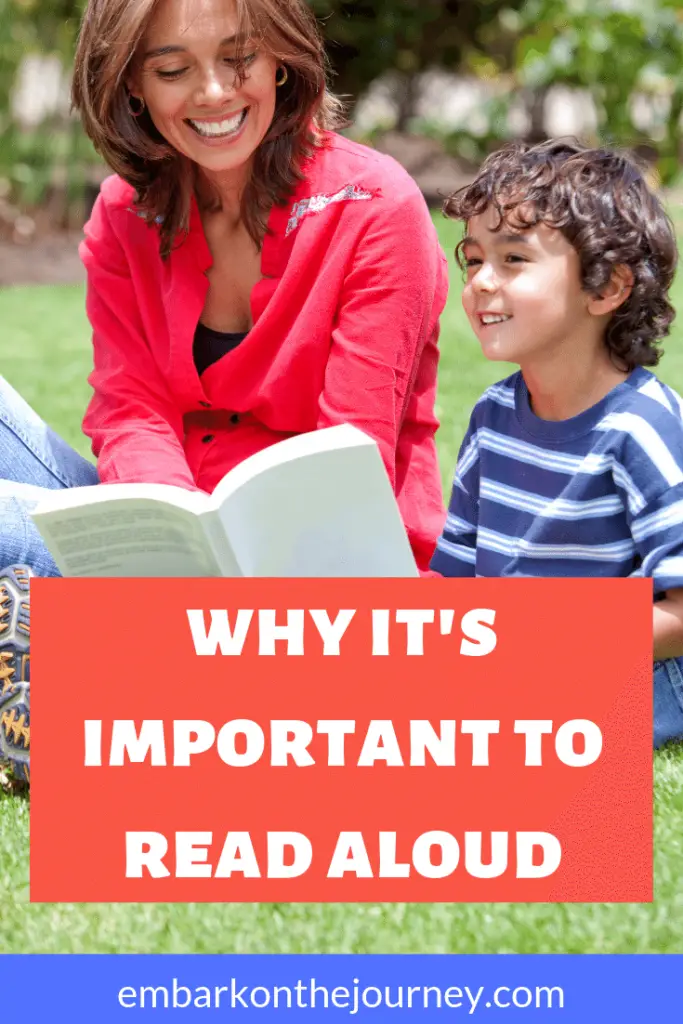 ..
.. baby constantly has a fantasy: often reading books inspires children to invent a continuation of the story they like. You yourself will listen with interest from child to his own options for the development of further events of book .
The role of
books in the life of children | Article in the collection of international...book your child reading child watching TV parent mother tongue process reading adult library.
Psychological analysis
heroes modern children's booksWhen reading this book the child may develop a thirst for travel, or
Basic terms (automatically generated): , main heroine
children and adults sculpt their favorite heroes books .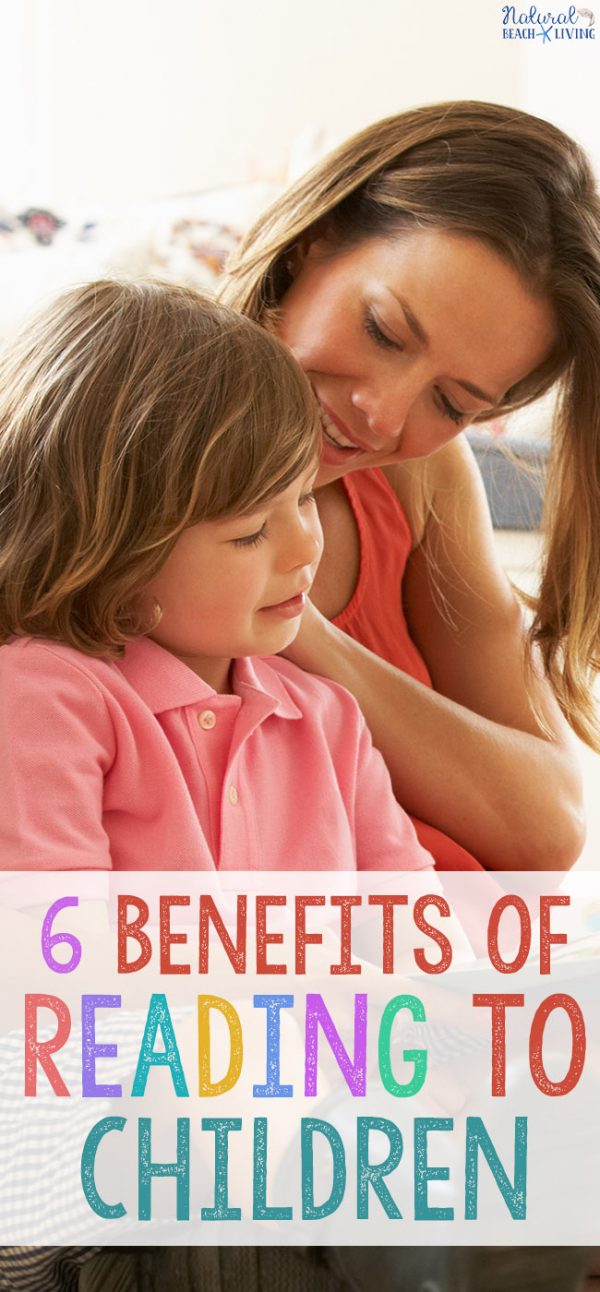
How to tell
a fairy tale to preschool children19th rule: If your baby does not want to listen, then you do not need to force him, as this will not bring any benefit .
Basic terms (automatically generated): child , fairy tale , rule, reading , time reading , attention children , own opinion, own ...
child , book , reading , work, reading books ...
The role of books and of reading in the lives of children | Article in the collection... child , book , reading , work, reading books , literary work, preschool age, children's literature, baby , preschool childhood.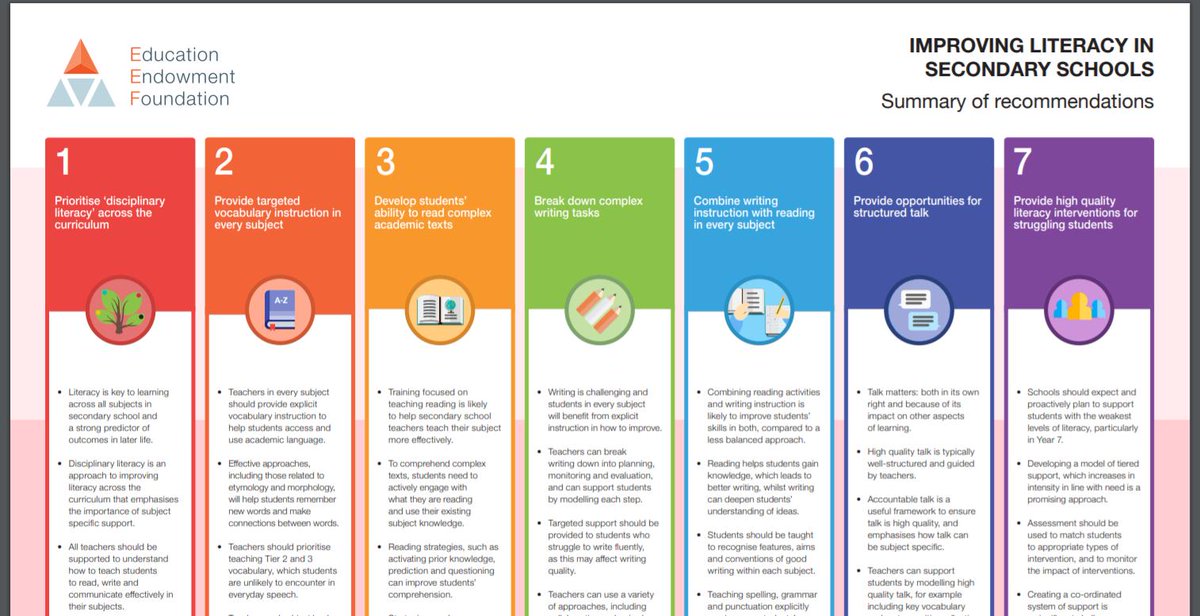
The influence of children's fiction on the formation ...
The very first books reads to a child mother. For example, little Pushkin was read fairy tales by his nanny Arina Rodionovna
Modern children are more passionate about TV or computer than reading books .
Precisely parents should instill love in the child for books .
The project "Creation of self-made
characters of Russian folk...They were made by children under the guidance of teachers and parents . It all started with reading Russian folk fairy tales , which children loved very much.
These fairy tales we wrote down, so we got a whole book fairy tales .